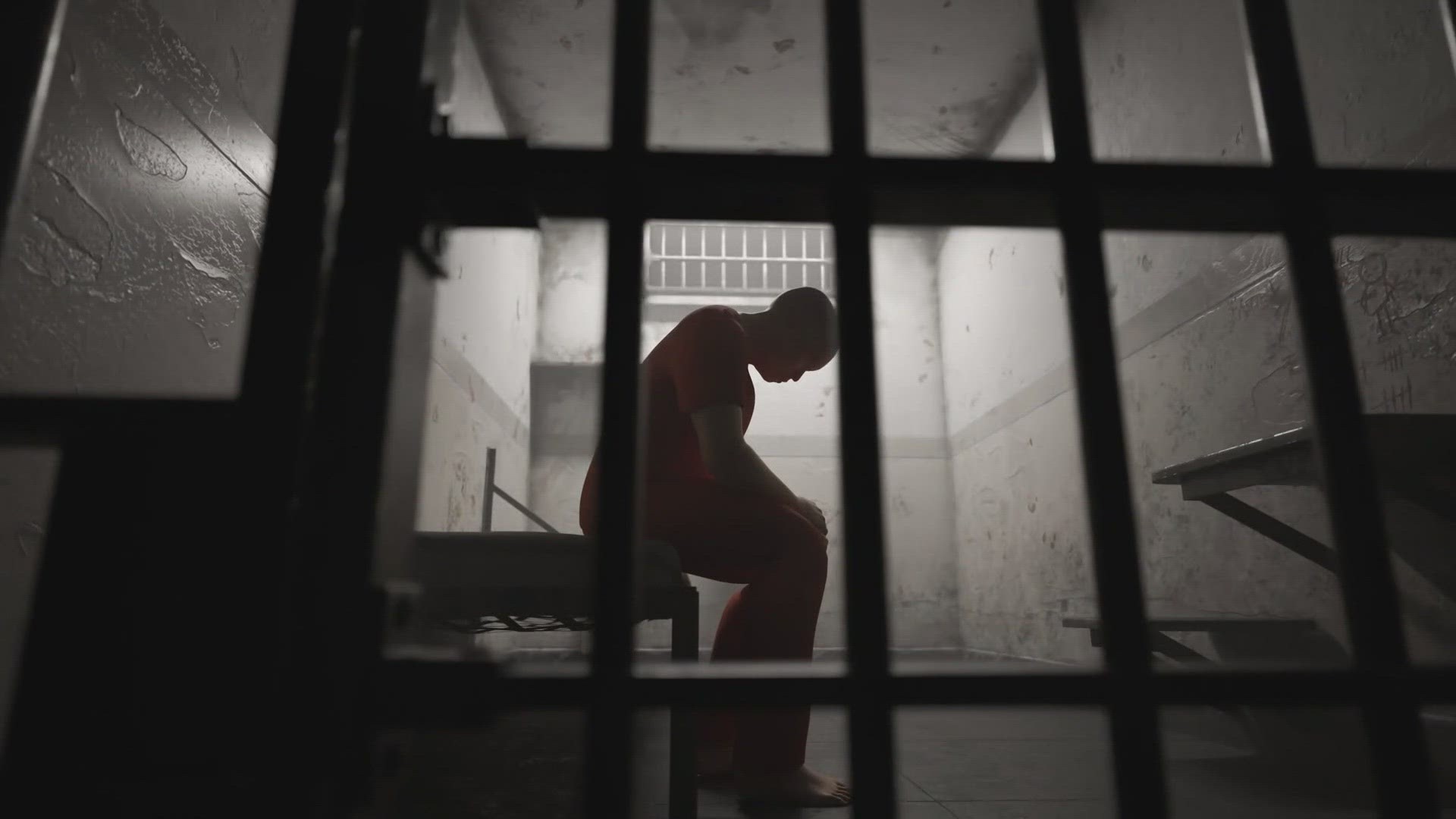JACKSONVILLE, Fla. — There are more than 20,000 unsolved cases in the state of Florida, and close to 1,600 in Duval County alone. A bill just signed by Gov. Ron DeSantis aims to change that.
HB 533 requires all inmates to provide a DNA sample. Ryan Backmann is the Executive Director and Founder of Project Cold Case, a non-profit organization in Jacksonville that helps families of victims whose cases have never been solved. Backmann said DNA analysis has been crucial in solving these cases in recent years.
“It's just constantly increasing with the technology and their ability to use smaller amounts of DNA, and retests evidence and use genetic genealogy. So, DNA really unlocks a lot of potential for resolving unsolved cases and cold cases," Backmann explained.
To help with the thousands of unsolved cases in the state, Gov. Ron DeSantis signed HB 533 into law March 22, 2024. It requires all inmates in the custody of the Florida Department of Corrections to provide a DNA sample. Currently, adults and juveniles who are booked into a county jail or state prison, or convicted of a felony or certain misdemeanors must provide a sample; however, not every inmate has provided their DNA which is why lawmakers passed this bill.
"Sometimes these people have committed crimes previously that they haven't been held accountable for. And this will make sure that their DNA can be compared to other criminal unsolved criminal acts," Backmann said.
First Coast News Crime and Safety Expert, Ken Jefferson, said a lot of times cases go cold because investigators do not have another sample to compare to DNA from a scene.
"There are many cases lying around us that's gone cold simply because they have nothing to match with the DNA evidence that many have collected at the scene of crime," Jefferson explained.
The bill went into effect immediately, and the state will begin reviewing who still needs to provide a sample. Backmann hopes this will bring closure to more families this year.
"It'll take time, I think we'll start to see some case resolutions, and probably beyond just homicides, and sexual assaults, aggravated batteries, all kinds of crimes that have been committed over the years where DNA physical evidence was left at the scene. But up to this point, they haven't had somebody connected to the case," Backmann said.

